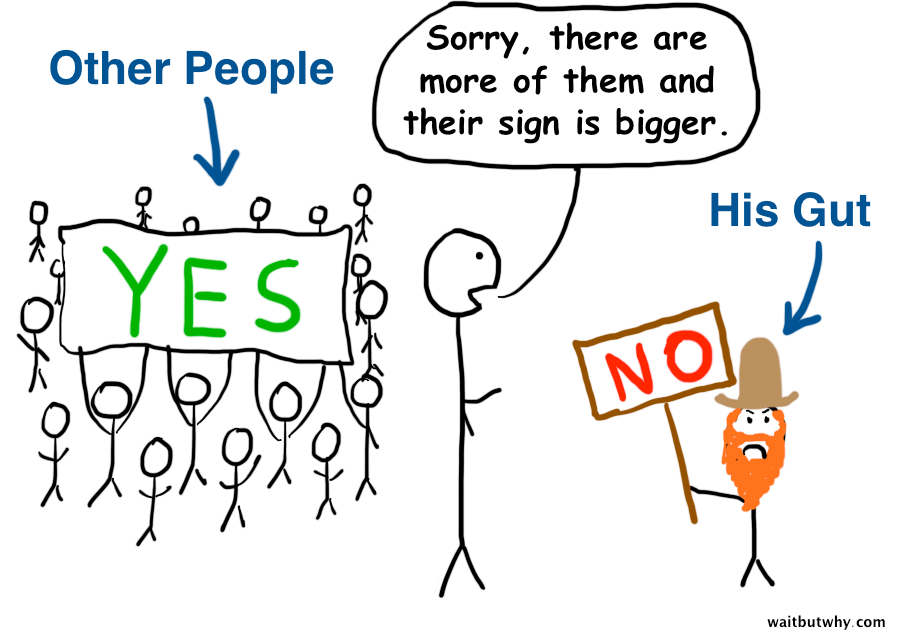How Should One Choose a Partner in Life?

Ella is an experienced content publisher and Senior Editor at…
You met an interesting person and started communicating with them. But sometimes one wonders if they made the right choice. Let’s determine how stable your union is. Perhaps this particular person appeared in your life for a reason, and they are the one who you’ve been waiting for all of your life.
What Roles Do We Play?
All of us in childhood played a role in our own family, whether parents loved us or perceived us as a disappointment. As adults, we, without realizing it, begin to play the same role in relationships with people here and there. Have you noticed it? Whether it is comfortable for us or not, it’s habitual, and we, without realizing it, strive to “settle in” in the usual way. That is why, mysteriously, new acquaintances often treat us in the same way as our relatives treated us. These people respond to our signals. A certain coalition of roles was formed in our childhood, and we played a part in it according to our role. The style of this relationship has developed in our families, so we and these people complemented each other in a certain way. And just like that, love, a passion for a person of the opposite sex, is not accidental. There is not a single random romance and not a single random marriage in the world. Somehow it is customary to think that falling in love is a matter of chance. “Love is evil,” – love is unpredictable, you cannot control it. But then again, it was this particular person who (maybe for some unconscious reasons) became the one in your life. And it is no accident that a romance ultimately leads or does not lead to marriage. It is no accident that marriage turns out to be emotionally safe or not, lasts a lifetime, or breaks up after just a few weeks. If you just broke up with your partner, then here’s a site that will allow you to meet hot singles to chat online. Don’t miss out.
How Is The Choice Of A Partner?
When we meet a representative of the opposite sex and like them, this means that, in our relations with them, we can play a role familiar to us, repeating the methods of behavior that we find familiar. Because with their behavior and the role that they are ready to play, they complement us. For example, one person (suppose a man) grew up in a family in which he was habitually exploited. He was taught “not to be selfish” and always sacrifice his interests for the sake of others. However, of course, not all family members did the same. (Otherwise, who would need his endless sacrifices?)
This man meets the “woman of his dreams,” and they are drawn to each other. The woman was brought up as a “family idol” – she is selfish, demanding in relationships with close people, and prone to exploitation. Relations
between the man and the woman are initially unhappy, but they feel that they cannot live without each other. Perhaps they will get married, and then children will grow up in their family who will learn that, in close relations, they can either exploit or be exploited. In this case, a man who is ready to give endlessly and a woman who is ready to take endlessly found each other. How did this happen? For the sake of simplicity, let’s imagine a jigsaw puzzle.
Such Different Puzzles Of Relationships

Two people, who only want to take in a relationship, have met each other. You see that the pieces of the puzzle do not match. And these people will never attract each other. Everyone will quickly understand that a partner will not give them anything. But then two people, who only aspire to give in a relationship, meet: these puzzle pieces also do not match. And these people will just not stay together. Sometimes people ask themselves why. Two good individuals met each other; they should be happy together. Because everyone can’t do what they are used to, which is to give. There’s nobody to take. They both do not know how to take; they can only give. The opposites complement each other. Like in the given example. Or vice versa. A selfish man will always find a woman ready for sacrificial behavior. And a woman will always find a man whom she can exploit.
There are, of course, exceptions. But they are ultimately unhappy. An eternally giving partner will accumulate resentment because they do everything for another person, and their care is simply taken for granted, with no apparent bestowal. In their heart, such a person usually silently hopes that the partner will one day understand what treasure they’ve got and will be grateful for that. Sooner or later, they will talk about their resentment, and then the “taker” partner will be offended.
So, there is a lot more to such puzzles; you two should not only be ready to give and take but also appreciate your partner’s work. This is the essence of a healthy relationship.
Ella is an experienced content publisher and Senior Editor at SocialMagz.com. With a passion for technology and a wealth of knowledge in the field, Ella brings a unique perspective to the website and its readers.








